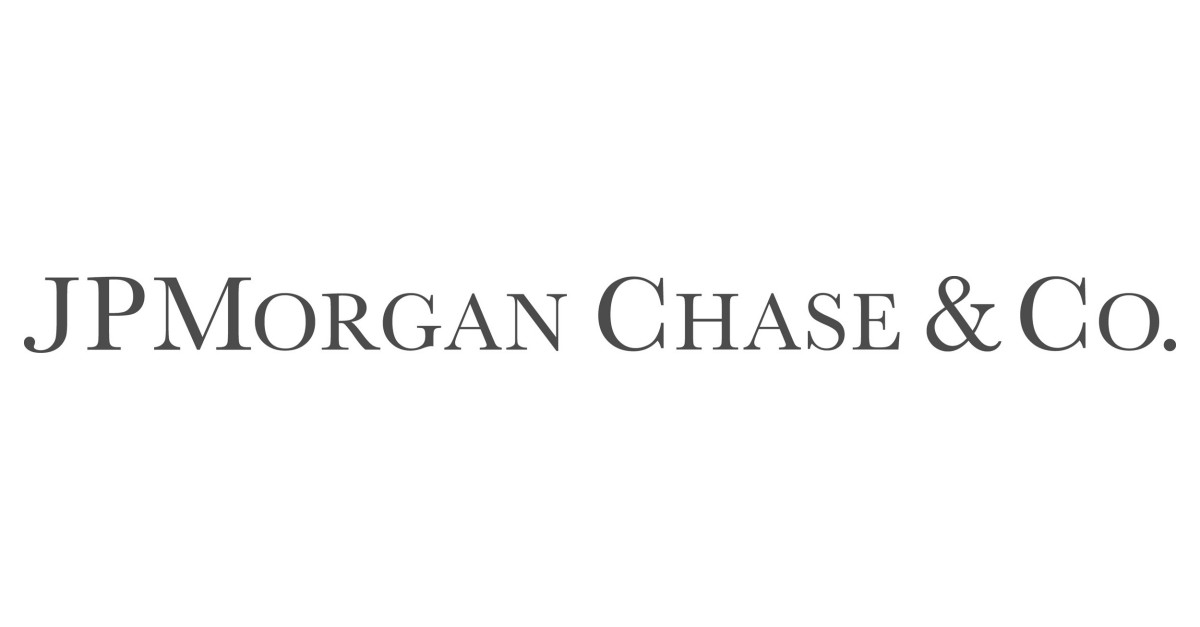JPMorgan Chase reported another highly profitable quarter Friday, but warned inflation could persist and said wars in Ukraine and the Middle East mean this “may be the most dangerous time the world has seen in decades.”
The lender, the biggest US bank in terms of assets, reported third-quarter profits of $13.2 billion, up 35 percent from the year-ago period.
Revenues rose 22 percent to $39.9 billion.
The biggest factor in the profit jump was the much increased earnings in net interest income (NII), which measures the gap between what the bank makes in interest in loans to clients compared with interest payments to customers.
JPMorgan again increased its full-year NII forecast, which essentially shows that the bank has been able to benefit from consumers who have kept money in accounts receiving lower interest than are available elsewhere in the market.
Bank executives have said in recent months that they expect this dynamic to “normalize,” reiterating that view on Friday.
“We don’t know exactly when, but we know it will” normalize, Chief Financial Officer Jeremy Barnum said on a conference call with reporters. “We’re going to respond to competition.”
A second factor behind the strong results has been the continually healthy state of consumer balance sheets, which has limited the number of defaults.
Throughout the Covid-19 period and in the immediate aftermath, consumers have largely successfully managed credit card payments, although delinquencies have risen in recent quarters.
In Friday’s press release, JPMorgan Chief Executive Jamie Dimon said “US consumers and businesses generally remain healthy, although, consumers are spending down their excess cash buffers.”
During the call, Barnum attributed the continued health of US consumers in part to the labor market, which he characterized as “fairly strong.”
The positive trends in NII, consumer credit and higher profits from commercial banking helped JPMorgan offset some areas of weakness such as corporate and investment banking, where overall revenues dipped two percent. JPMorgan said the results excluded the impact of its purchase of First Republic.
Dimon, who has warned for months of “storm clouds,” reiterated that the economy faces significant headwinds.
“Persistently tight labor markets as well as extremely high government debt levels with the largest peacetime fiscal deficits ever are increasing the risks that inflation remains elevated and that interest rates rise further from here,” said Dimon.
“The war in Ukraine compounded by last week’s attacks on Israel may have far-reaching impacts on energy and food markets, global trade, and geopolitical relationships. This may be the most dangerous time the world has seen in decades,” Dimon said.
On the conference call, Dimon said the comments about the potential for interest rates to rise further reflected risk management rather than a prediction.
While the fallout from the wars have economic effects, he described those as secondary compared with the impact on geopolitical relations and the “effect on the Western world.”
Shayne Heffernan









